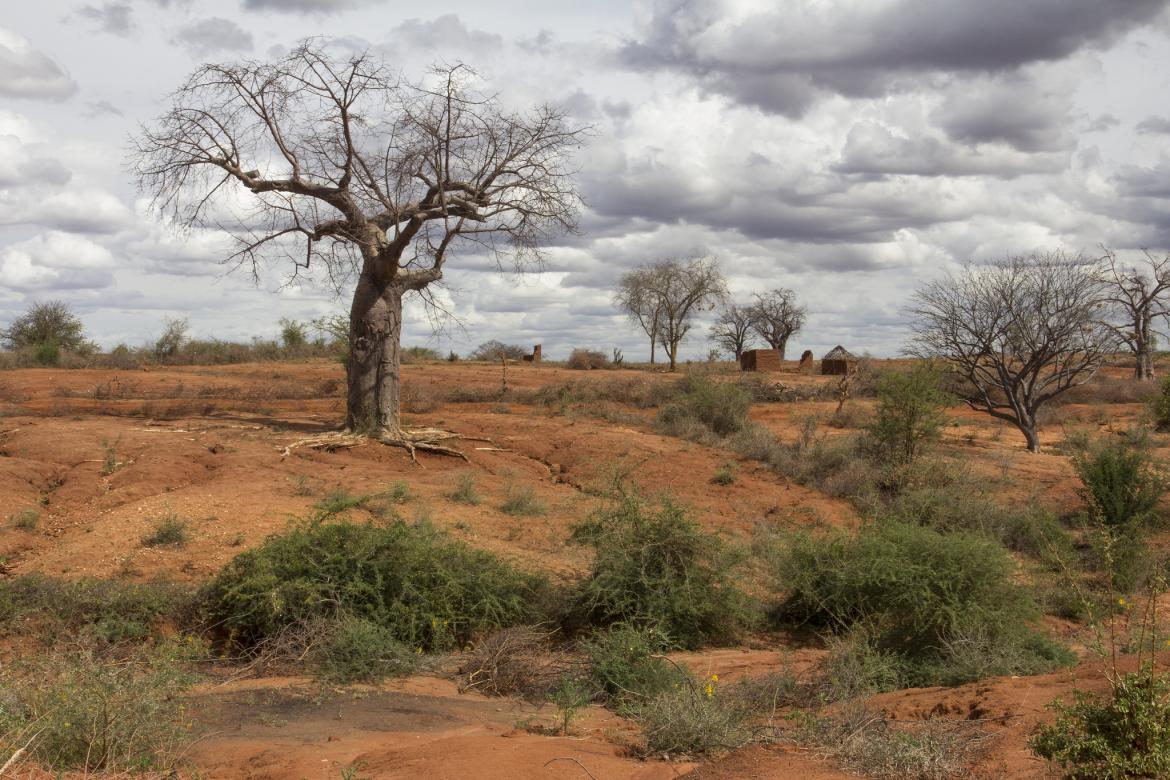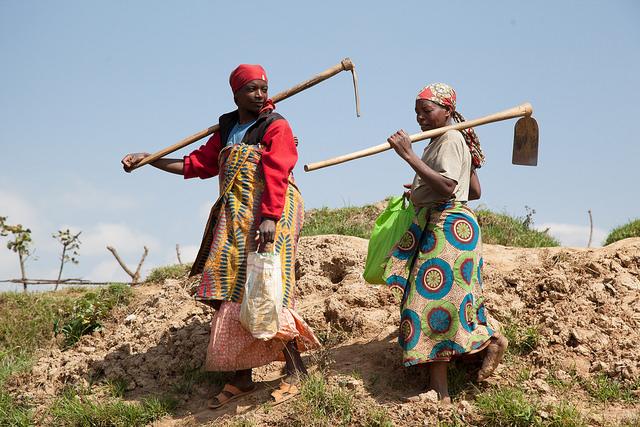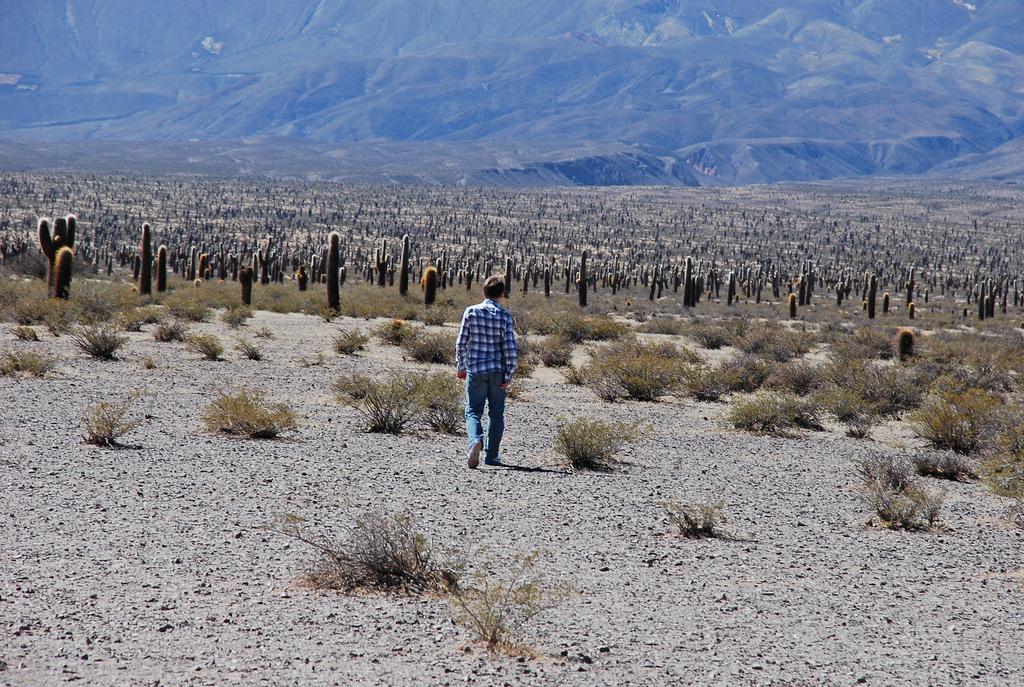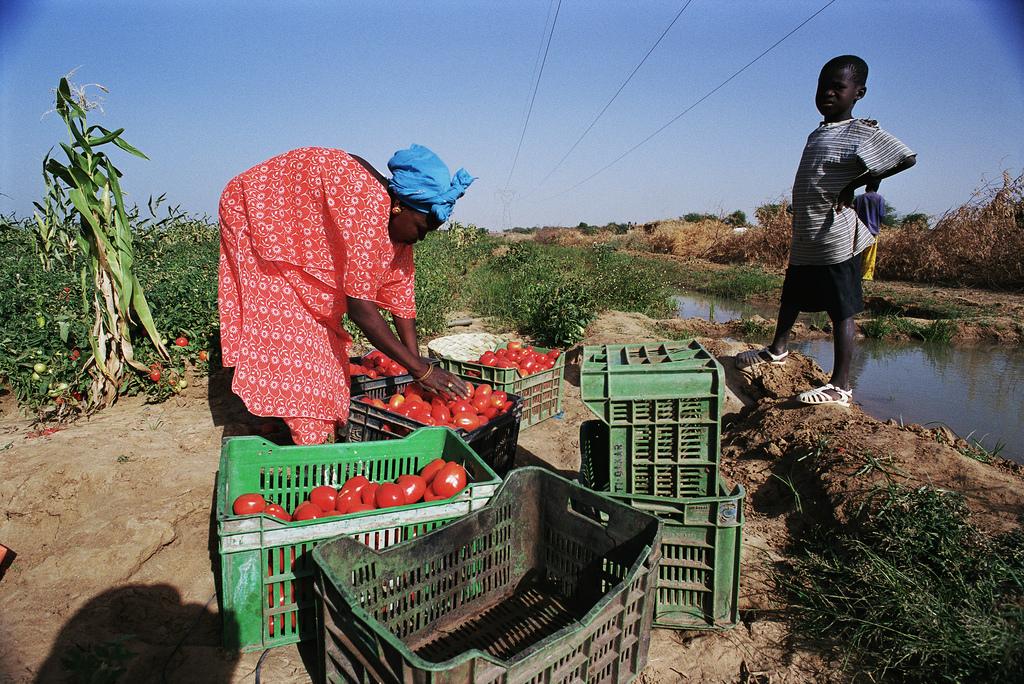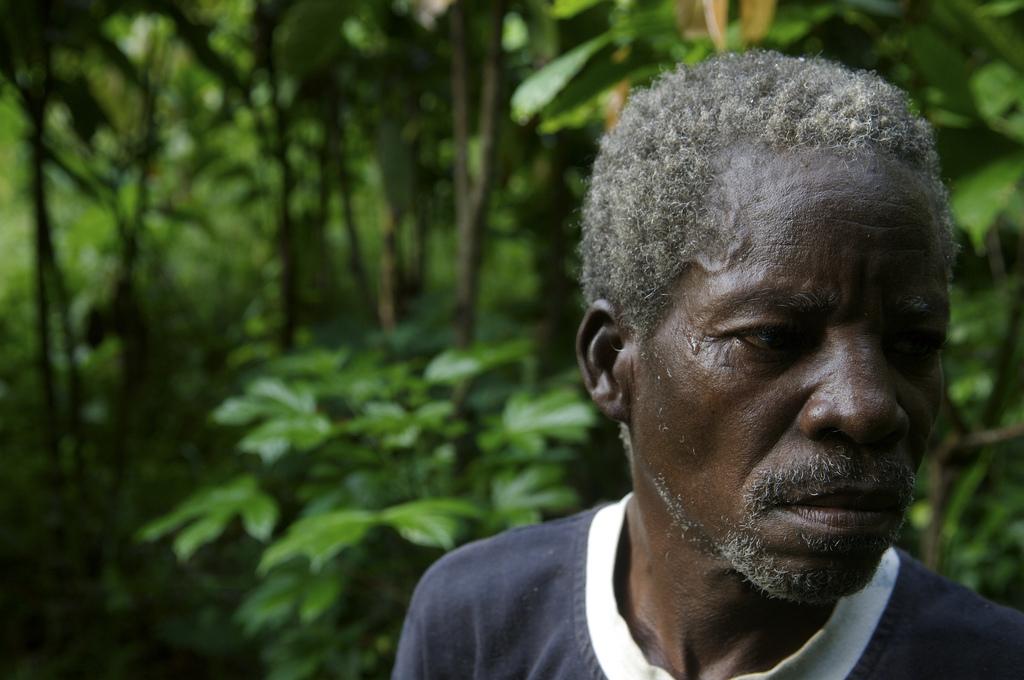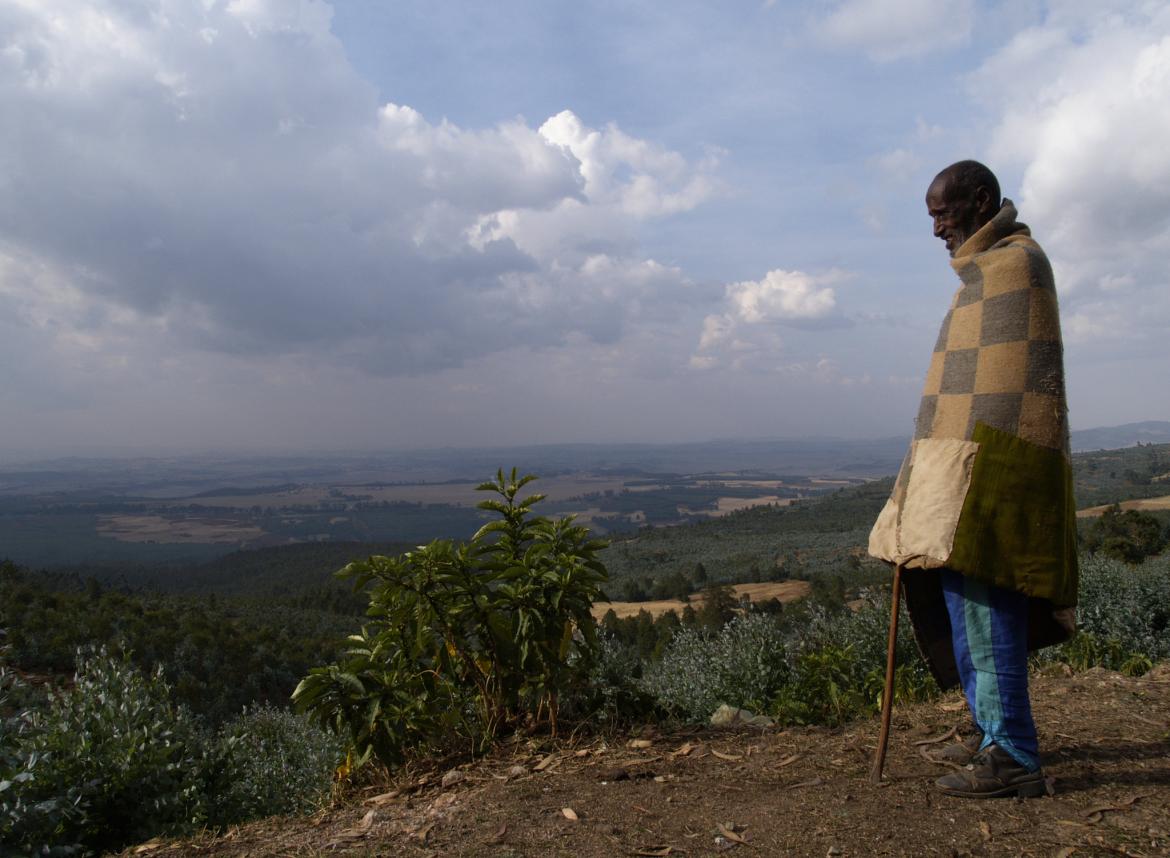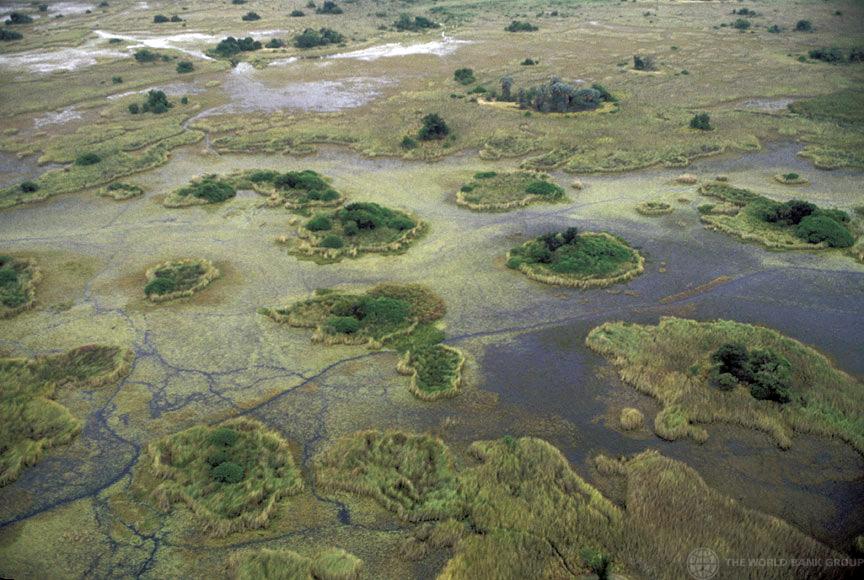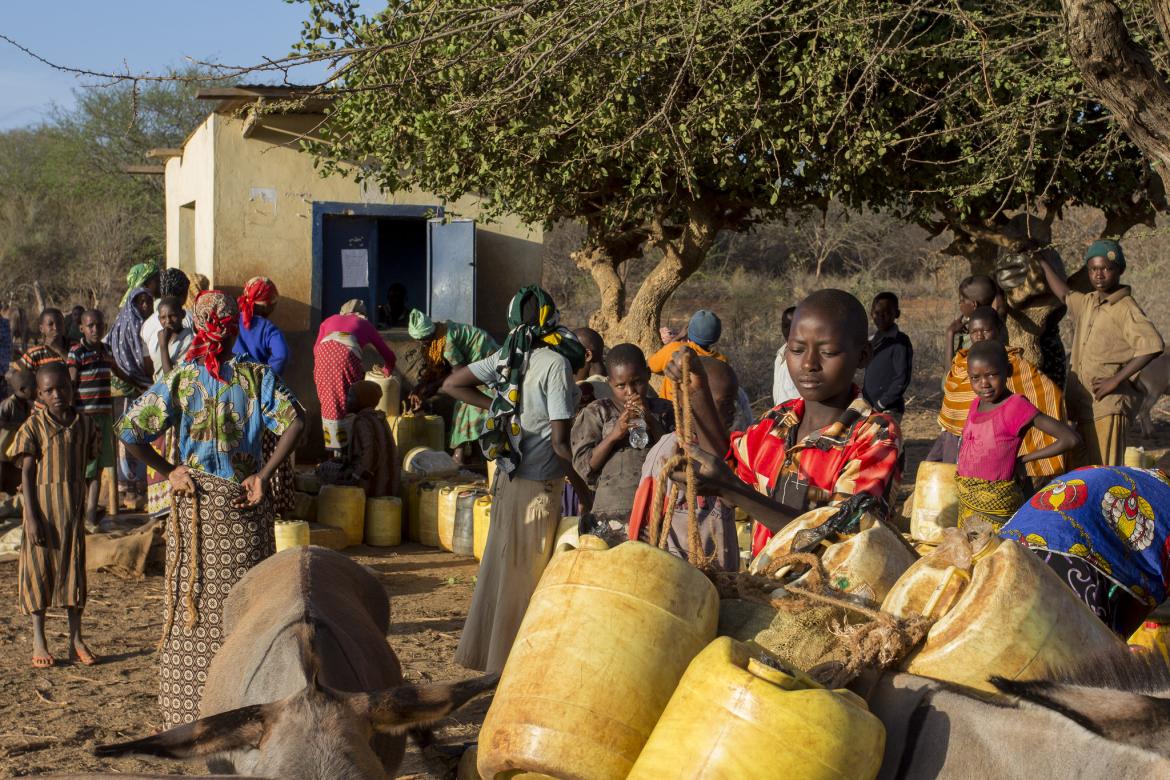
Published on:
Topics:
Country:
A $1.4 million grant from USAID is funding a University of California's project that will use a randomized, controlled trial to evaluate the impacts of combining programs that offer training, support, and aid with affordable insurance in Kenya. According to UC Davis , the new project is led by Michael Carter, a professor of agricultural and resource economics and director of the Feed the Future Innovation Lab for Assets and Market Access at UC Davis, and Dr. Andrew Mude from the International Livestock Research Institute (ILRI) in Kenya. Last year, Dr. Mude received the World Food Prize

